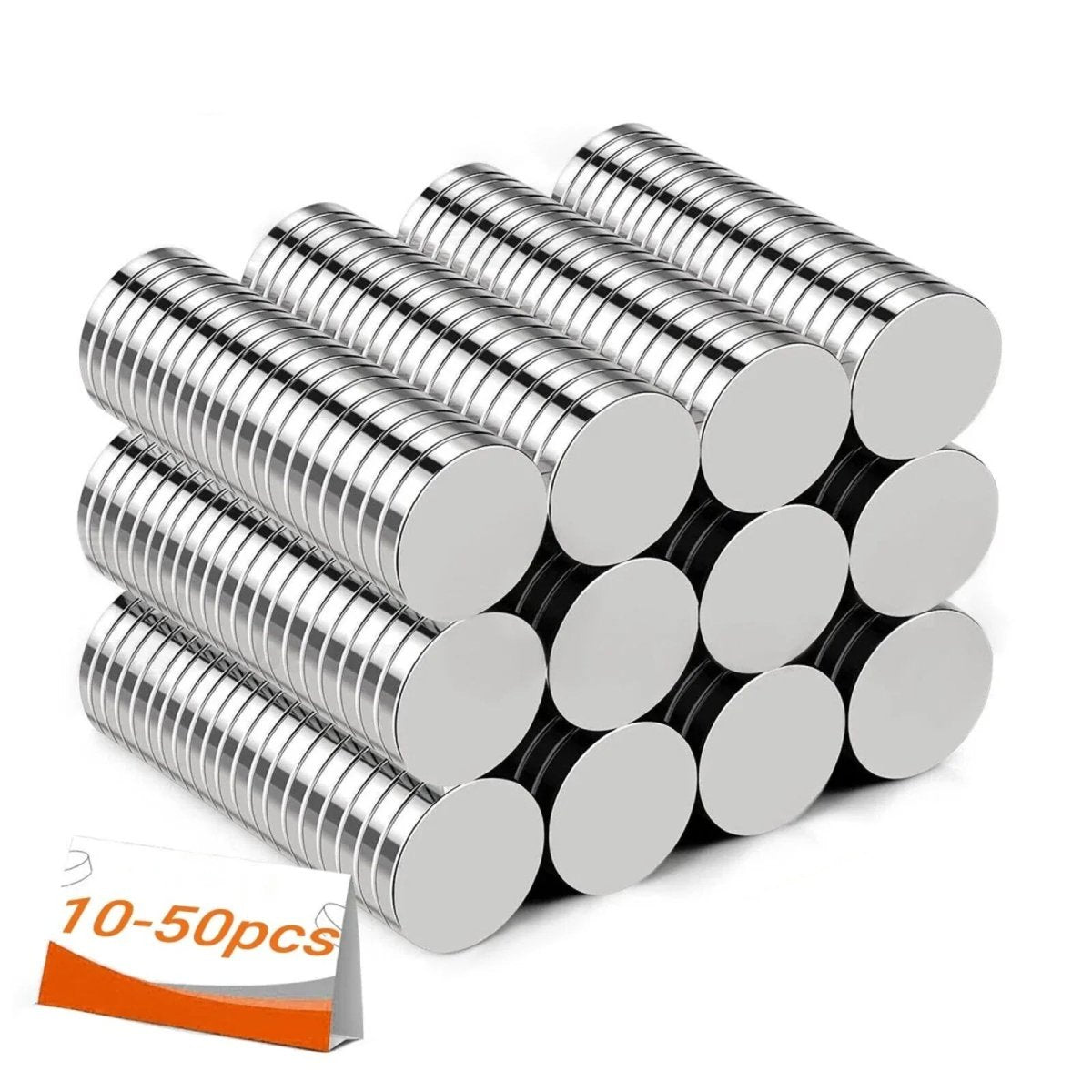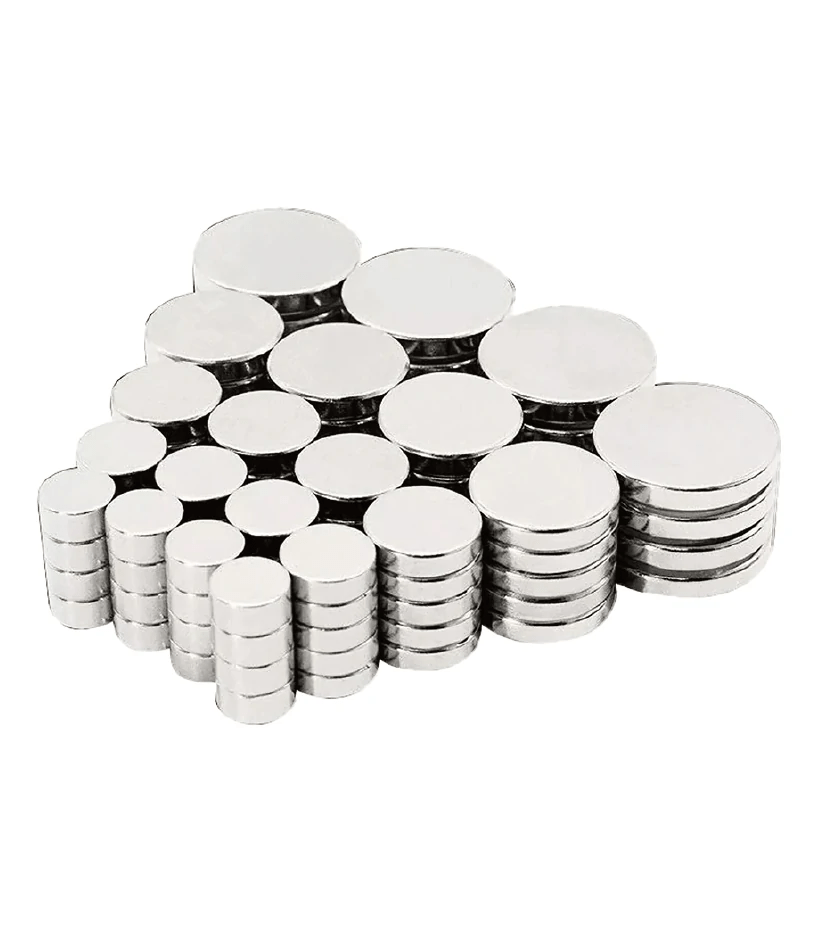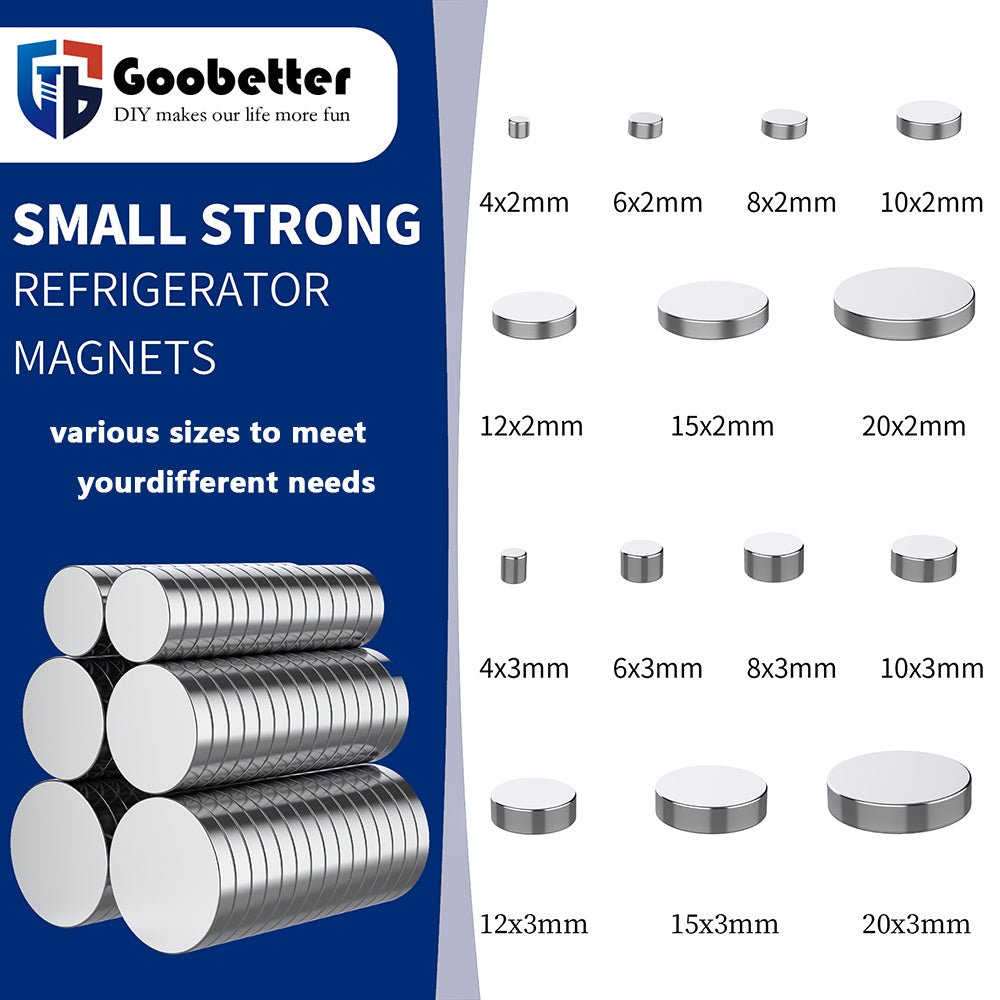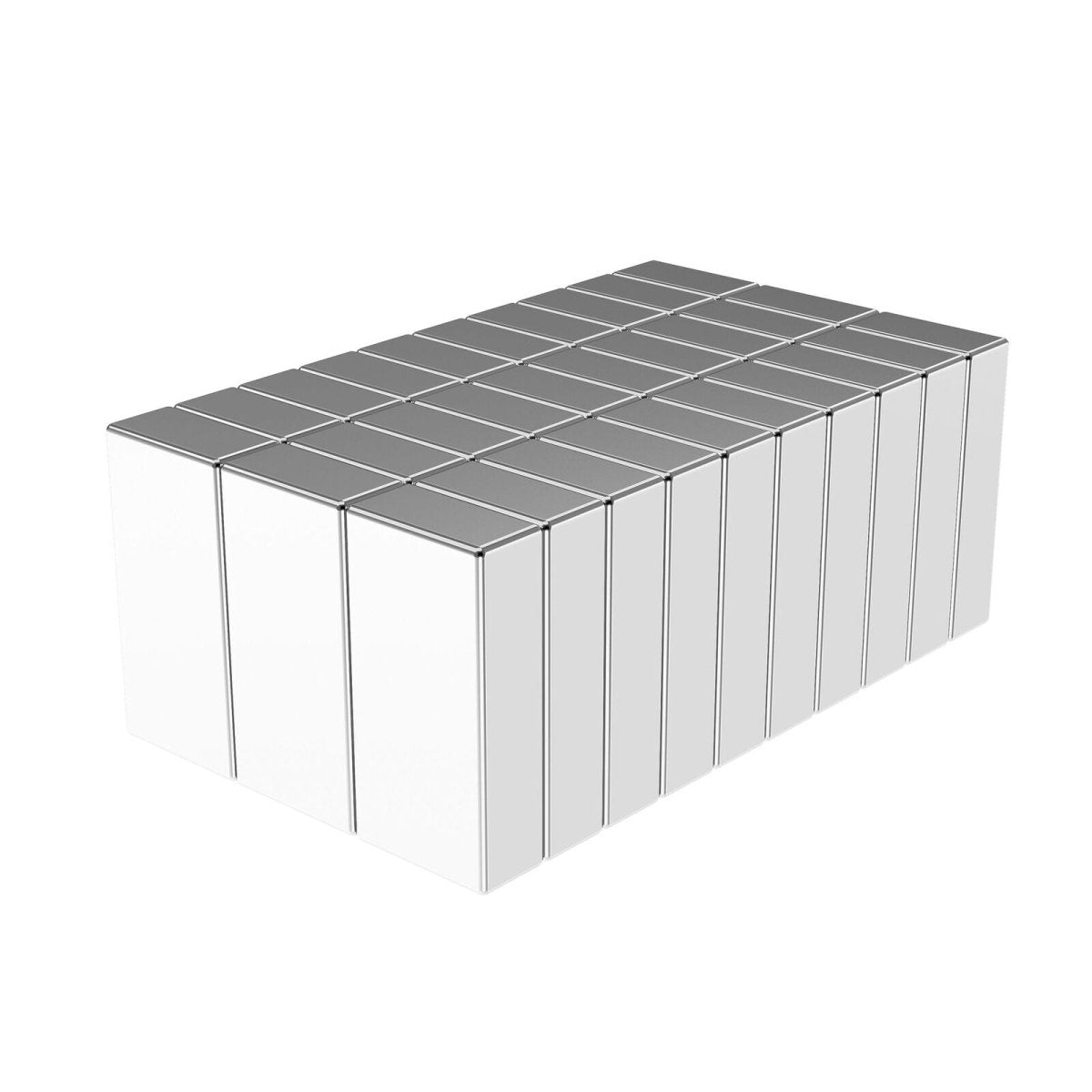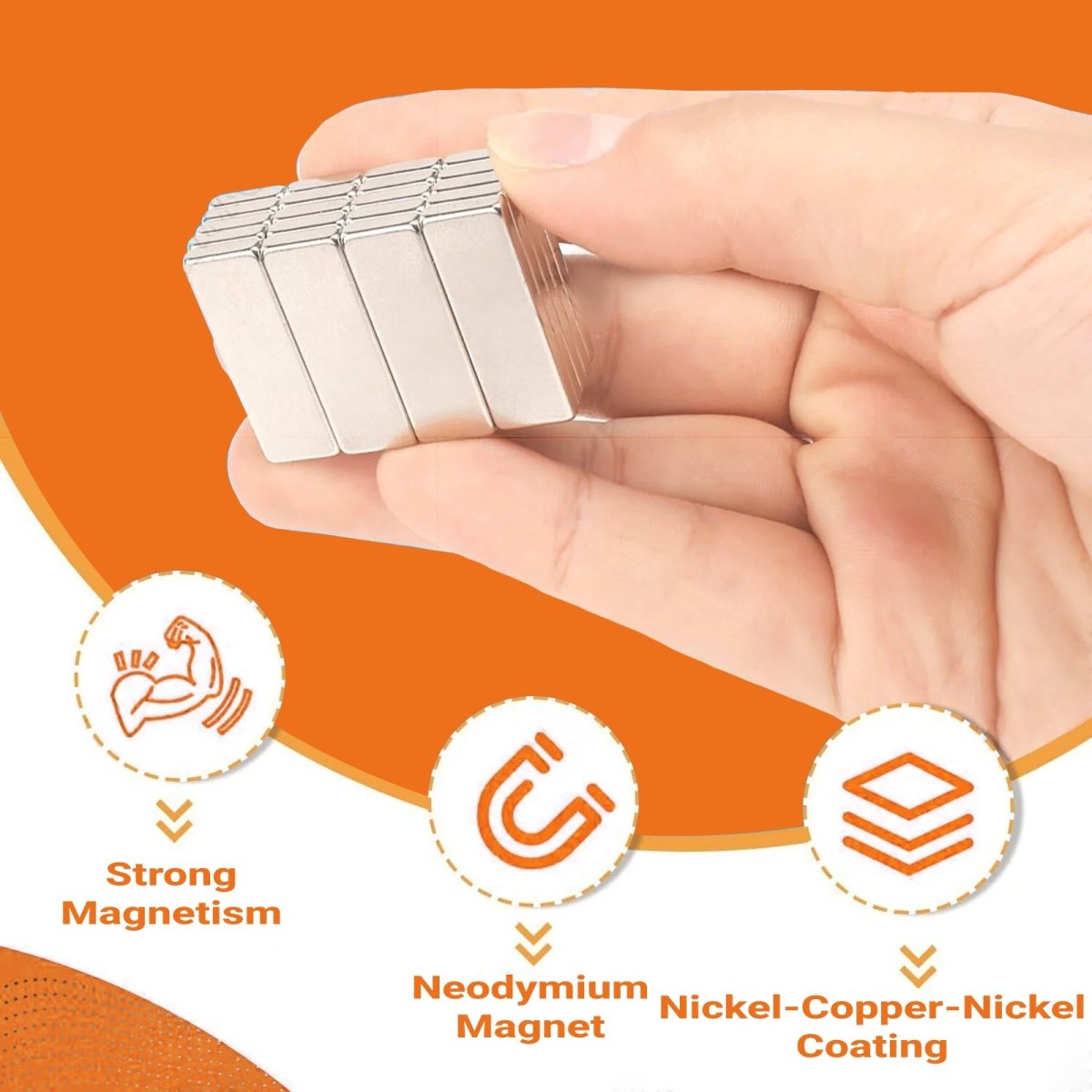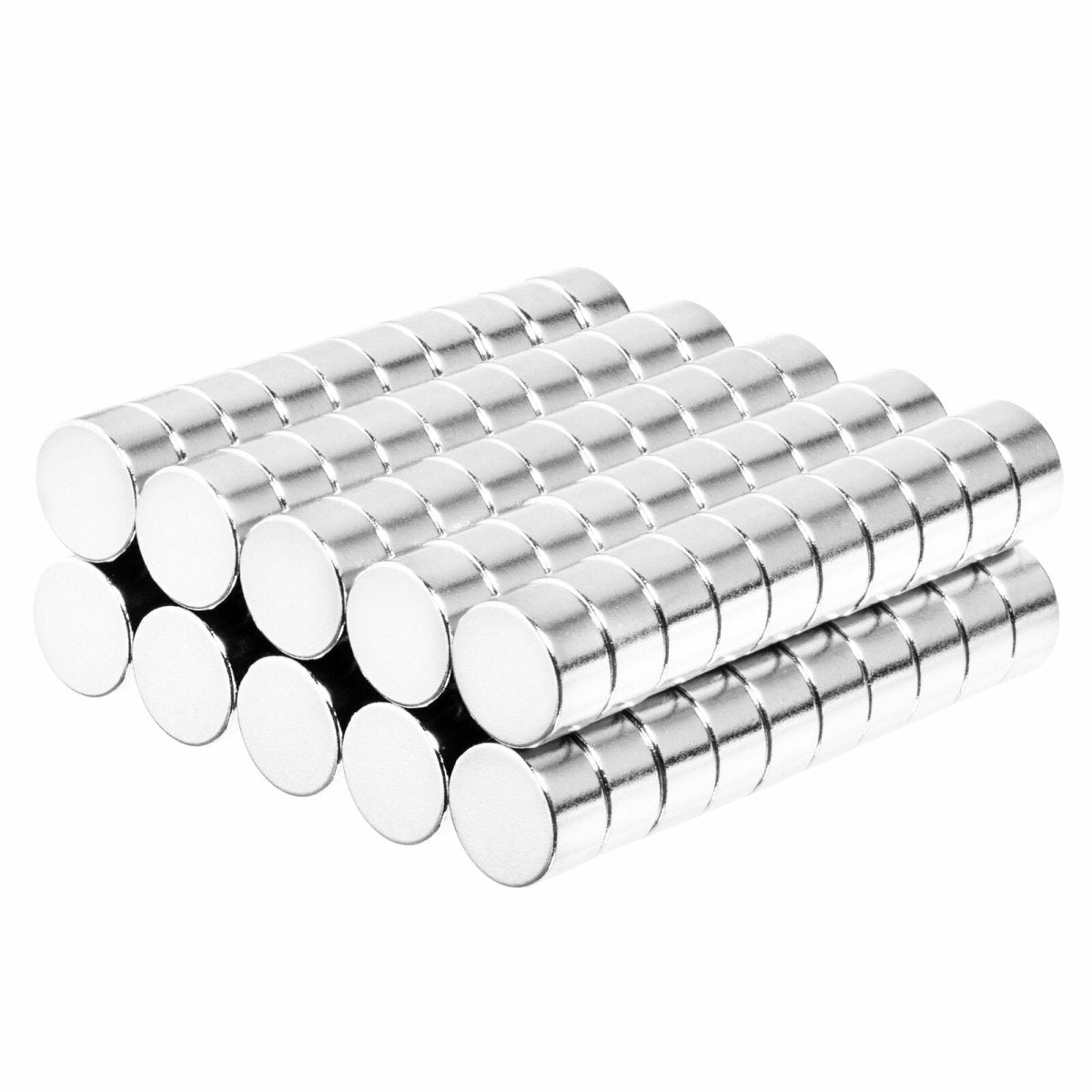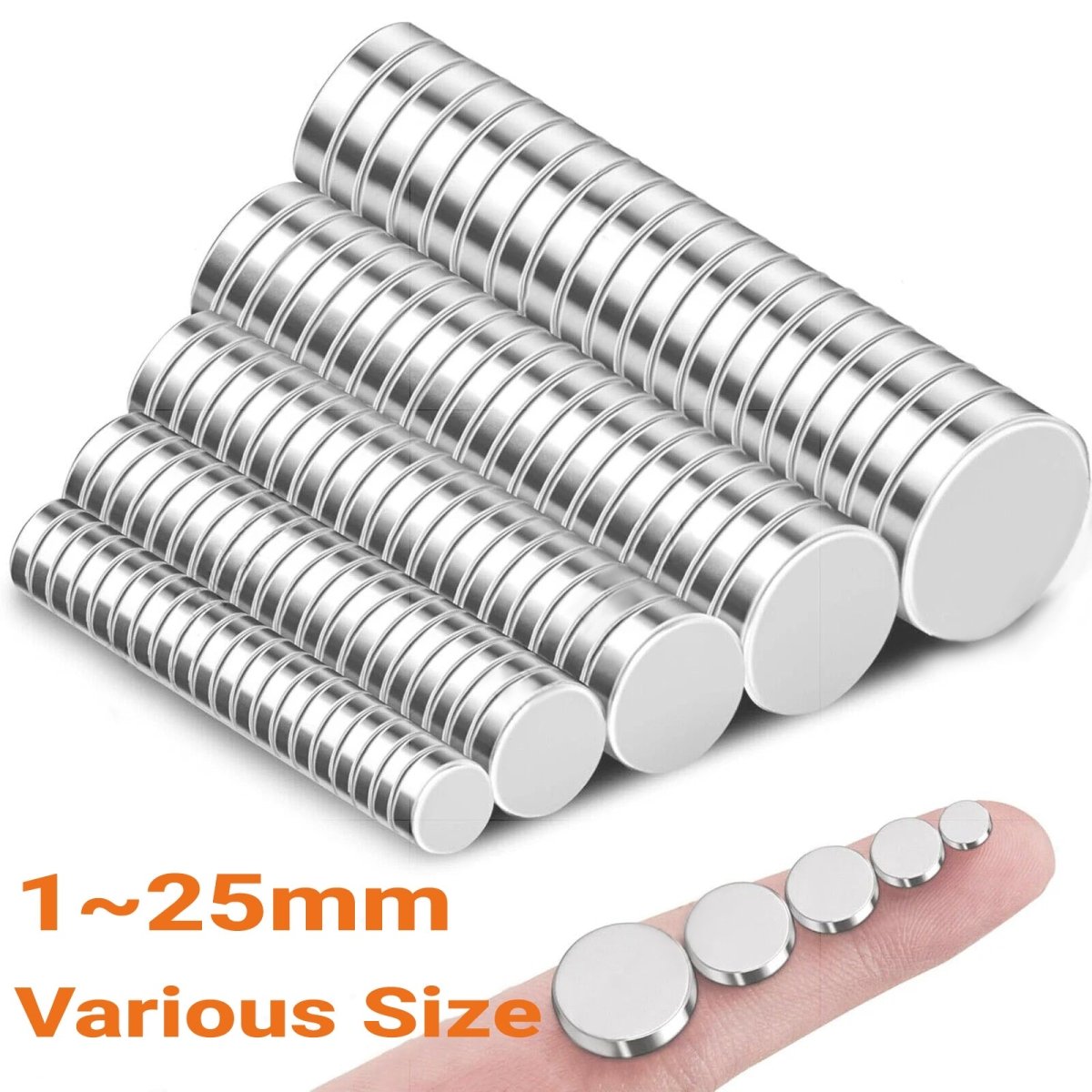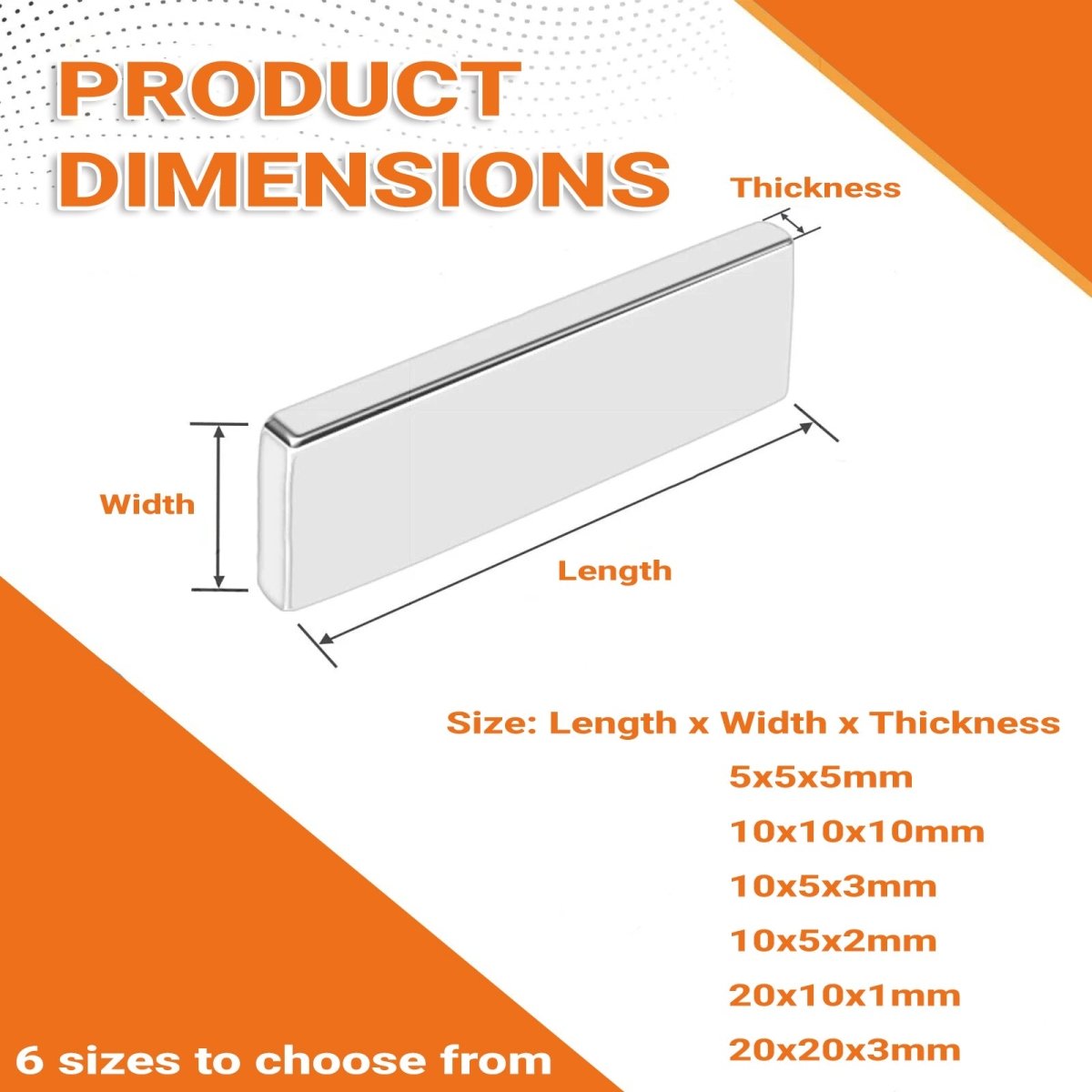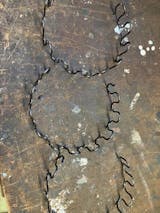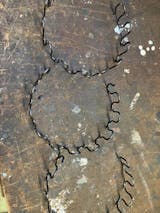1. Types of Magnets and Their Uses
Magnets are essential tools for countless applications. Here’s a breakdown of popular types:
- Neodymium Magnets: The strongest permanent magnets available (search term: “neodymium magnets”). Ideal for industrial machinery, robotics, and heavy-duty DIY projects.
- Magnetic Hooks: Perfect for organizing kitchens, garages, or offices (search term: “magnetic hooks”). Hold up to 50 lbs with our premium models.
- Refrigerator Magnets: Decorative and functional (“fridge magnets”). Display photos, notes, or shopping lists.
- Magnetic Strips: Streamline tool storage or spice racks (“magnetic strips”).
- Custom Magnets: Branded designs or unique shapes (“custom magnets”).
Pro Tip: Use a “magnetic stud finder” to locate metal studs behind walls before mounting heavy items.
2. How to Choose the Right Magnet
Selecting the best magnet depends on three key factors:
- Strength: Measured in Gauss or pull force. Neodymium magnets (search term: “strong magnets”) offer the highest strength.
- Size and Shape: Match the magnet to your project (e.g., “magnetic balls” for toys vs. “bar magnets” for workshops).
- Environment: Stainless steel magnets resist rust for outdoor use, while ceramic magnets suit lightweight tasks.
Example: For “magnetic knife holders,” choose a long magnetic strip with a strong grip to securely hold blades.
3. Creative DIY Projects with Magnets
Unlock the potential of magnets with these ideas:
- Magnetic Toy Building: Create structures with “magnetic tiles” or “magnetic building blocks” (popular with kids!).
- Home Organization: Use “magnetic hooks” for hanging coats, tools, or holiday lights.
- Car Magnets: Promote your business with “custom car magnets” that stick securely to vehicles.
- Magnetic Art: Design a “magnetic whiteboard” for family schedules or DIY wall art.
Case Study: A customer used our “magnetic spice rack” to declutter their kitchen—watch the tutorial video!
4. Safety Tips for Handling Magnets
While magnets are versatile, they require caution:
- Keep Away from Electronics: Strong magnets can damage phones, credit cards, or pacemakers.
- Avoid Pinching: Neodymium magnets snap together forcefully—wear gloves when handling.
- Child Safety: Supervise kids using “magnetic toys” to prevent swallowing small parts.
Warning: Never attempt to cut or drill into magnets—this releases toxic dust and weakens their strength.
5. Industrial and Scientific Applications
Magnets power advanced technologies:
- Magnetic Resonance Imaging (MRI): Uses superconducting magnets for medical diagnostics (search term: “magnetic resonance imaging”).
- Renewable Energy: Magnets are critical in wind turbines and electric motors.
- Magnetic Separation: Sort metals in recycling plants using “magnetic sweeper” tools.
Did You Know? The “Earth’s magnetic field” protects us from solar radiation—learn how it’s shifting in our blog.
6. Where to Buy Quality Magnets
HomeDIYer stands out for:
- Custom Orders: Need “custom fridge magnets” or branded “car magnets”? We deliver precision.
- Competitive Pricing: Save 20% vs. retailers like “Home Depot magnets” or “Harbor Freight magnets.”
- Fast Shipping: Free delivery on orders over $50.
Compare: While “magnet tool rental” is an option, owning tools like a “magnetic drill press” ensures long-term savings.
FAQs
Q: How do magnets work?
A: Magnets generate a “magnetic field” that attracts ferromagnetic materials like iron or steel. Learn more in our “how do magnets work” guide.
Q: Are stainless steel magnets rust-proof?
A: Yes! Stainless steel magnets (search term: “stainless steel magnets”) resist corrosion for outdoor use.
Q: Can I reuse old magnets?
A: Absolutely—unless they’re cracked or demagnetized. Test their strength with a “magnetic field meter.”
Why Trust HomeDIYer?
With over a decade in magnet manufacturing, we combine expertise (see “magnet suppliers”) with a passion for innovation. Our blog covers everything from “magnetic declination” to “how to make a magnet.”
Ready to Order? Browse our “magnets near me” collection or contact us for custom quotes!


